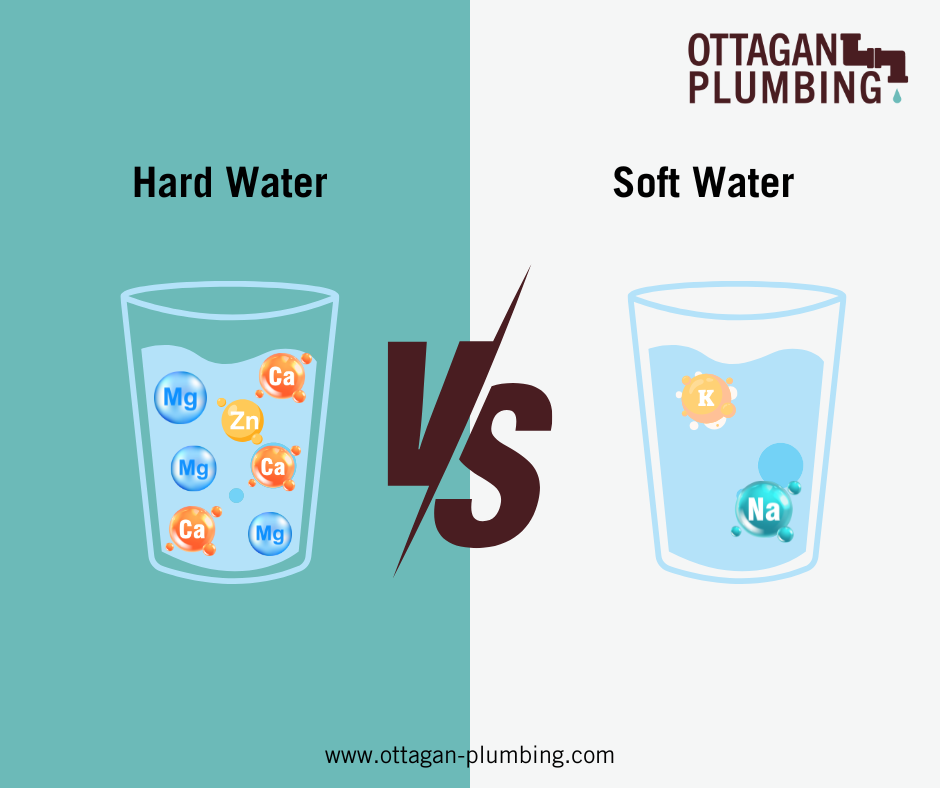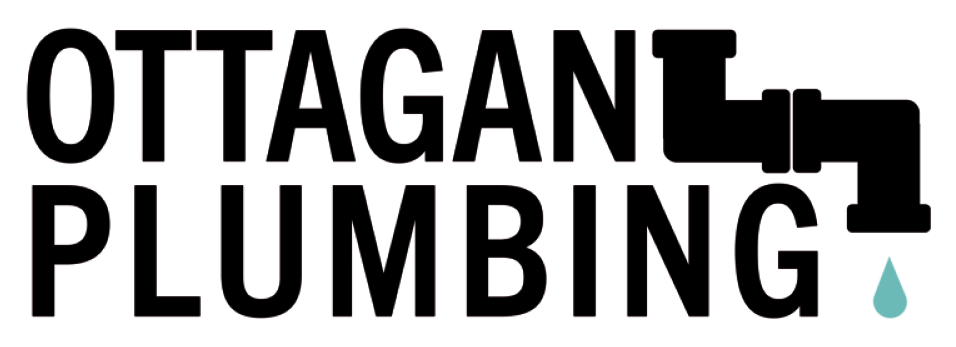
Water is essential in every household, from drinking and cooking to baking and cleaning. But not all water is the same. You may have heard of terms like “hard water” and “soft water,” but do you know the difference and how they impact your home? Understanding these distinctions can help you make informed decisions about water treatment, appliance maintenance, and even personal health. Let’s break it down.
What is Hard Water?
Hard water contains high levels of dissolved minerals, primarily calcium and magnesium. These minerals are naturally absorbed as water flows through limestone, chalk, or gypsum deposits. hard water is common in many areas, and while its generally safe to drink, it can create some inconveniences around the home.
Signs of Hard Water
- Scale buildup on faucets and pipes – Mineral deposits can accumulate, leading to clogs and reduced water pressure.
- Soap scum and residue – Hard water prevents soap from lathering easily, leaving behind a filmy residue on dishes, skin, and hair.
- Stiff, scratchy laundry – Clothes washed in hard water may feel rougher and fade more quickly.
- Appliance inefficiency – Water heaters, dishwashers, and washing machines may develop scale buildup, reducing efficiency and lifespan.
- Dry skin and dull hair – Hard water can strip natural oils, leading to dryness and irritation.
What is Soft Water?
Soft water, on the other hand, contains few or no dissolved minerals. It is naturally occurring in areas with low mineral content or results from a water softening process that removes calcium and magnesium. Because soft water lacks these minerals, it behaves differently than hard water in everyday use.
Signs of Soft Water
- Better soap lathering – Soap and shampoo produce more suds, making cleaning more effective.
- No scale buildup – Without excess minerals, pipes and appliances remain free of deposits.
- Softer clothes and linens – Laundry feels cleaner and more comfortable after washing.
- Healthier skin and hair – Without mineral deposits, skin retains moisture better, and hair feels softer and shinier.
- More efficient appliances – Soft water helps extend the life of water-using appliances by reducing the mineral buildup.
Pros and Cons of Hard Water
Pros:
- Rich in essential minerals – Calcium and magnesium are beneficial for bone and heart health.
- Preferred for drinking – Some people find the taste of hard water more natural and refreshing.
- Less sodium content – Unlike softened water, hard water doesn’t contain added sodium, making it a better choice for people on low-sodium diets.
Cons:
- Clogs and damage to plumbing – Mineral deposits can lead to costly repairs.
- Reduces soap effectiveness – More detergent and soap are required for cleaning, increasing expenses.
- Affects appliance longevity – Hard water shortens the lifespan of water heaters, dishwashers, and washing machines.
- May cause dry skin and hair – The minerals in hard water can strip moisture from the skin and hair, leading to irritation.
Pros and Cons of Soft Water
Pros:
- Protects plumbing and appliances – No scale buildup means longer-lasting systems.
- Uses less soap and detergent – Soft water increases the effectiveness of soaps and cleaners.
- Improves skin and hair health – Soft water is gentler on skin and hair, reducing dryness and irritation.
- Better laundry results – Clothes come out softer and brighter.
Cons:
- Higher sodium content – Water softeners replace calcium and magnesium with sodium, which may be a concern for people on sodium-restricted diets.
- Can taste different – Some people find softened water has a slightly salty or flat taste.
- More maintenance required – Water softeners need regular refilling and maintenance.
How to Determine Your Water Type
If you’re unsure whether you have hard or soft water, there are a few ways to check:
- Look for signs – Scale buildup, soap scum, and appliance inefficiency are strong indicators of hard water.
- Soap test – Try lathering soap in your hands. If it produces a rich lather easily, your water is likely soft; if not, it’s hard.
- Water testing kits – Available at most hardware stores, these kits can measure the hardness of your water.
- Check with your water supplier – Many municipalities provide water hardness information.
Should You Soften Your Water?
Whether you should invest in a water softener depends on your household’s needs and priorities. If you experience significant scaling, appliance damage, or skin issues due to hard water, a softener could be a worthwhile investment. However, if you enjoy the taste of hard water and don’t mind the minor inconveniences, you may choose to keep it as it is.
Alternatives to Water Softeners:
If you’re hesitant about using a traditional salt-based water softener, consider alternative solutions:
- Salt-free water conditioners – These systems prevent scale buildup without adding sodium.
- Reverse osmosis filters – A good option for drinking water if you prefer soft water but don’t want aded sodium.
- Magnetic or electronic descalers – These devices claim to reduce scaling without removing minerals, though their effectiveness varies.
Conclusion
The choice between hard water and soft water depends on your personal preferences and household needs. Hard water is mineral-rich and naturally occurring but can cause plumbing and cleaning issues. Soft water eliminates many of these problems but comes with its own drawbacks, such as added sodium and ongoing maintenance. By understanding the differences and evaluating your specific situation, you can make the best decision for your home and family.
If you’re struggling with hard water issues, exploring a water softening solution might be a smart investment. Conversely, if you prefer the natural benefits of hard water, you can take simple steps to mitigate its drawbacks. Either way, having the right knowledge empowers you to make the best choice for your home’s water quality.

Leave a Reply